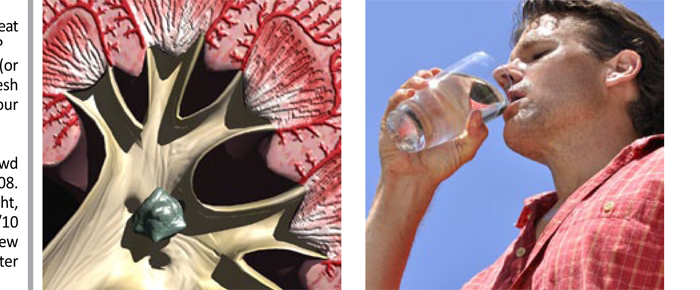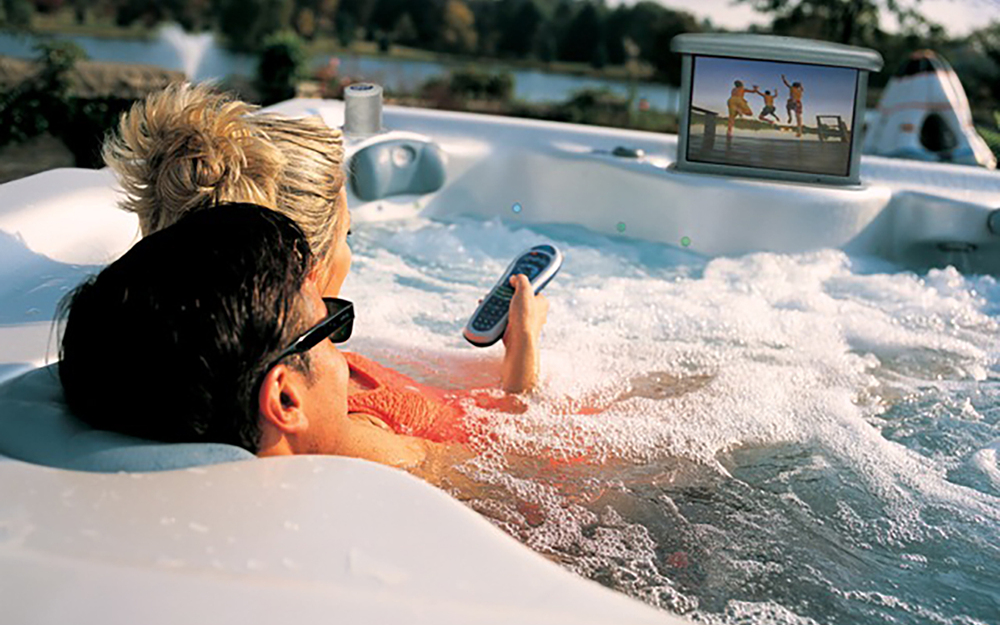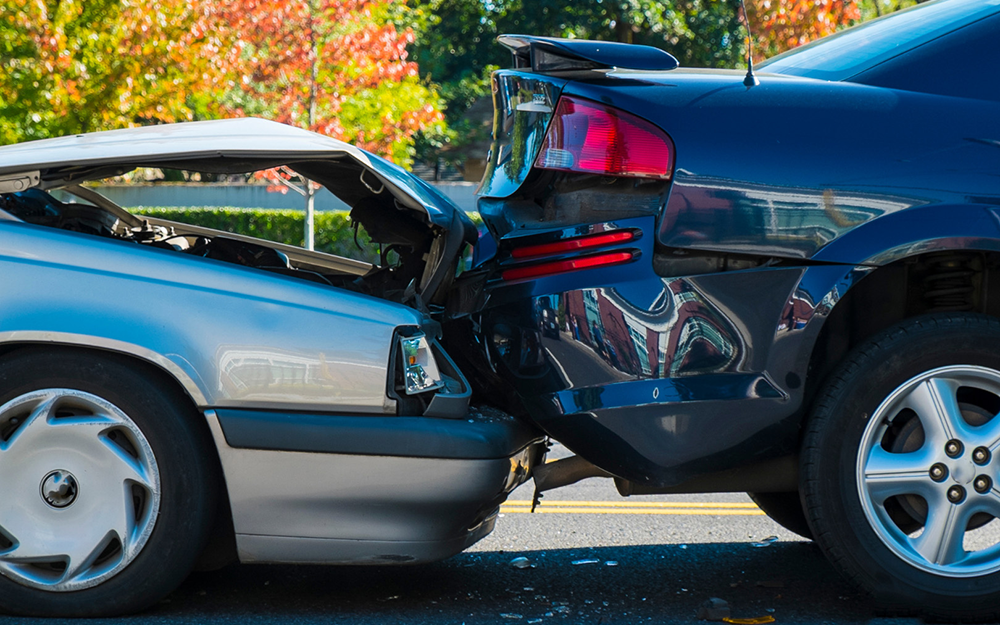
By Dr. Peter Kadile
Dr. Peter, my dad has had kidney stones, does that mean I will get them?
It’s been so hot this summer, will I get kidney stones if I don’t drink enough water?
Kidney stones (renal lithiasis) are small masses that can form in the kidney. Depending on the size of the stones, they will typically leave the body in the urine stream. Symptoms can range from mild lower back pain to severe pain, nausea, vomiting , bloody and painful urination. Diagnosis is based on a patient’s clinical history, physical exam, urine analysis and imaging studies. Initial treatment may consist of pain medication and possibly other oral medications that will allow one to pass the stone. If unable to pass the stone, procedures such as shock wave therapy or surgery may be needed.
Kidney stones can be hereditary. An individual may have a genetic predisposition to form stones. Other risk factors include; diets high in protein, sodium, or oxalate rich foods (dark green vegetables), obesity, certain medications, and history of frequent urinary tract infections.
Dehydration is the most common cause of kidney stones, thus another very important reason to drink enough water, especially during the summer. Thirst is a poor indicator of hydration status. A good way to monitor if you are well hydrated is by the color of your urine. Drink enough water to keep your urine clear to light yellow.









































